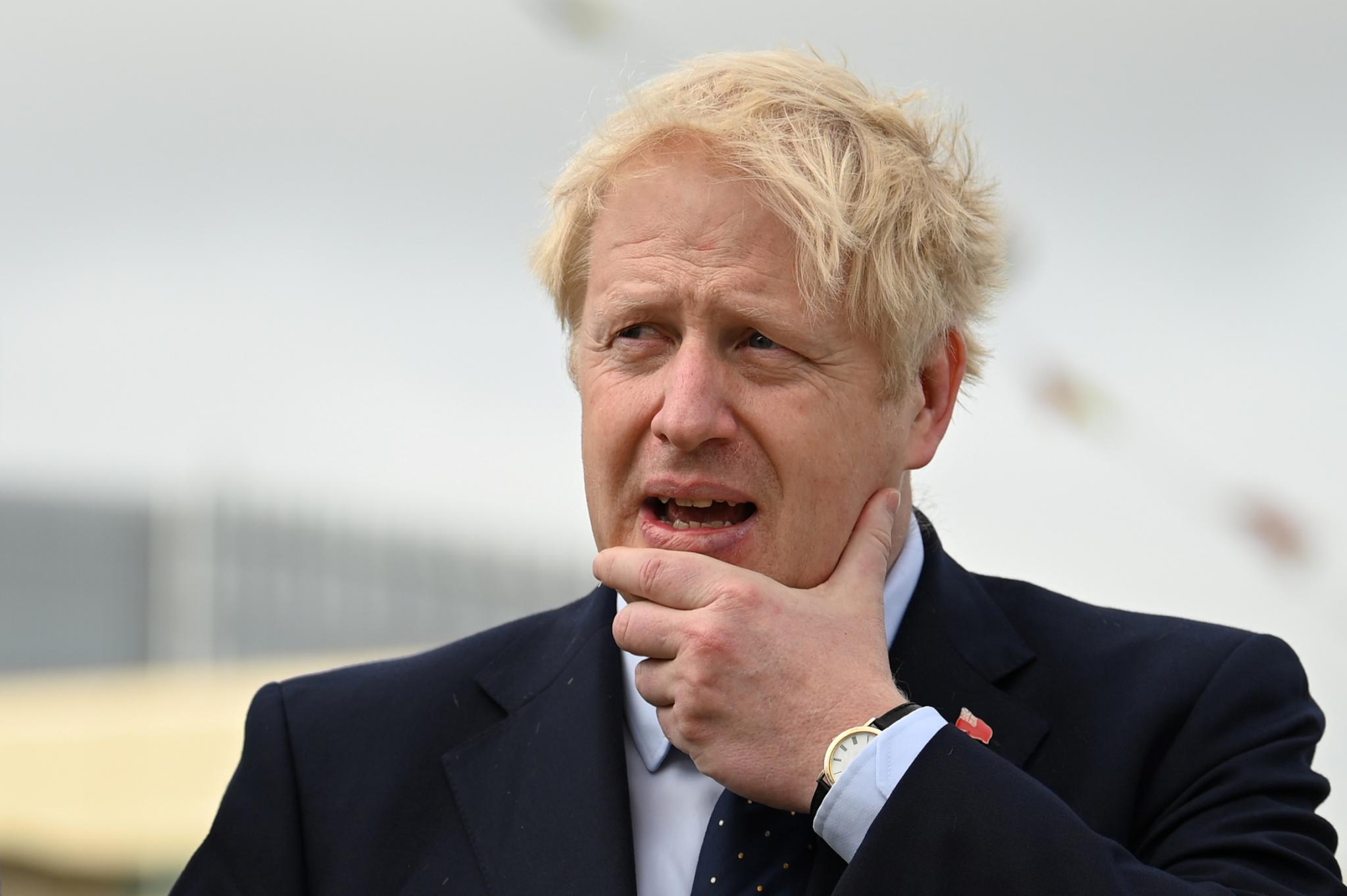
Britain's Prime Minister Boris Johnson visits the NLV Pharos, a lighthouse tender moored on the river Thames to mark London International Shipping Week in London. | REUTERS
Palma23/09/2019 15:52
What is it about ex-Prime Ministers that they feel such a powerful obligation to slag off their successors in such virulent terms? This week we have had two prime examples: David Cameron in his new “revenge” book and Sir John Major branding Boris Johnson in the Supreme Court as a liar and a law-breaker.

No comments
To be able to write a comment, you have to be registered and logged in
Currently there are no comments.